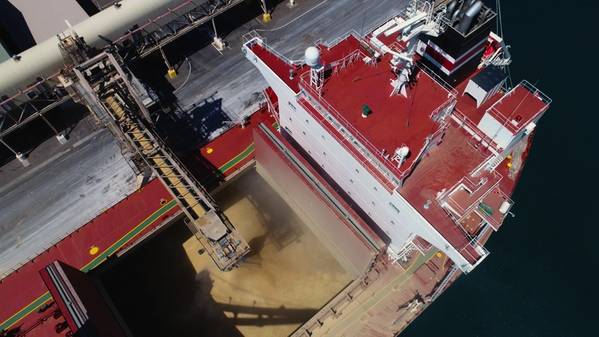
Russia has started wheat shipments to Brazil from Vysotsky Port on the Baltic Sea, the quality inspection arm of Russia's agricultural watchdog said on Friday.
"Grain was shipped to Brazil from Russian Baltic Sea ports for the first time," the grain quality assessment centre said.
It said a 31,000-ton shipment of wheat had undergone quality checks and was shipped at the start of June.
The grain terminal at Vysotsky Port, 50 km (30 miles) from the Russian-Finnish border, started shipments in April 2023 with the first cargo going to Tunisia. The planned capacity of the terminal is 4 million tonnes per year.
Shipments from the Baltic are intended to relieve pressure on grain terminals on the Azov and Black Seas which are operating at maximum capacity amid record exports this season.
Russia estimates grain exports in the current 2023/24 season at 70 million tonnes. Brazil is a major buyer, with wheat exports to that country totaling 929,000 tons in 2023, according to the Russian agriculture ministry.
(Reuters - Reporting by Olga Popova; Editing by Mark Trevelyan)



